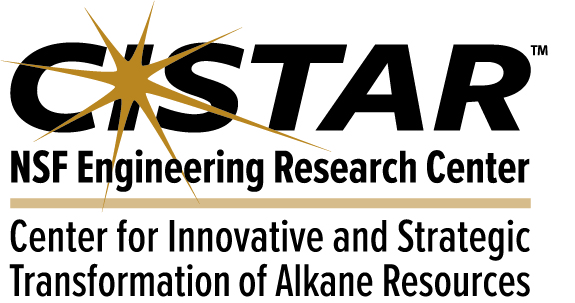Mental Health and Well Being Session at CISTAR’s Annual Meeting
There were requests after we did a brief session about mental health and well being at CISTAR’s Biannual Meeting in October to do another short, educational session at the CISTAR Annual Meeting in April. We began the session with some motivating words from our director about the importance of the topic and the special role that all of us play in creating a professional environment that supports mental health and wellness.
The focus of the session was threefold: 1. To learn a little about brain disorders, 2. To give reminders about current stress factors and discuss how to create a more supportive, professional environment, and 3. To talk about resources that exist at universities to help in this upcoming (hopefully) post-COVID year.
The session included the following activities:

1. We watched a 2013 Ted Talk by Thomas Insel titled Toward a new understanding of mental illness that talked about some breakthroughs in biomedical research but pointed out the lag in understanding ‘brain disorders’ given the brain’s complexity. Dr. Insel spoke optimistically, however, about the changes to come in the upcoming years when we’ll be able to intervene early to stop the progression of a brain disorder instead of waiting until these disorders get to the point where they manifest behaviorally. In breakout rooms, we discussed reactions to the Ted Talk, what was learned, and important takeaways. When asked in a follow-up survey about the session, “Was the discussion useful?” there were overwhelming ‘yes’ responses, especially about having a good discussion in their breakout rooms. A request for a more updated video was made in survey comments. I could only find a somewhat related TedSummit Talk by Ed Boyden from 2016 titled A new way to study the brain’s invisible secrets. Boyden describes a fascinating technological innovation that may prove useful in the future. Other great Ted Talks recommended at the end of the session were: There’s no shame in taking care of your mental health (by Sangu Delle) and Mental health for all by involving all (by Vikram Patel).

2. We discussed findings about the stress levels being experienced in October 2020 by CISTAR members because of worry/fear about COVID and the health of loved ones and oneself. An update was given about how, even in April 2021, it continues to be “a perfect storm!” Many of us are experiencing high levels of stress because of the continued disruptive effects of COVID, racism in our institutions, political and social unrest, and re-emergence difficulties – all taking place in an Engineering Academic Environment which is often, in and of itself, a ‘high stress’ culture.
In breakout rooms, we discussed accommodations to help those experiencing continued stress and supportive practices that you’d keep in place, even after we return to ‘normal’). When asked in a follow-up survey, “Was the discussion useful?” there were, again, overwhelming “yes” responses with comments about appreciating hearing others’ ideas/experiences and positive attitudes about being able to exchange information.

3. We closed the session by talking about how universities are trying to cope with increased mental health and wellness needs in the face of ongoing shortages of mental health professionals by 1. Paying for students and employees to download “Apps” that promote mental health and wellness (i.e., Breathe, Headspace, Therapy Assistance Online), 2. Hosting more workshops and talks to help maintain mental health and wellness (and sharing access across institutions whenever possible), and 3. Creating more online and campus resources to help educate and inform everyone on campus.
If interested in having the PowerPoint slides for this session, please email me at driscoll@purdue.edu, and I’d be happy to share them with you. Also, please look for more upcoming talks and workshops about mental health and wellness hosted by CISTAR.
Photo 1: Screen shot of the TED talk the group listened to during the workshop. Source: www. ted.com/talksPhoto 2: SourcePhoto 3: Photo taken in the evening from an office in the CISTAR headquarters.





